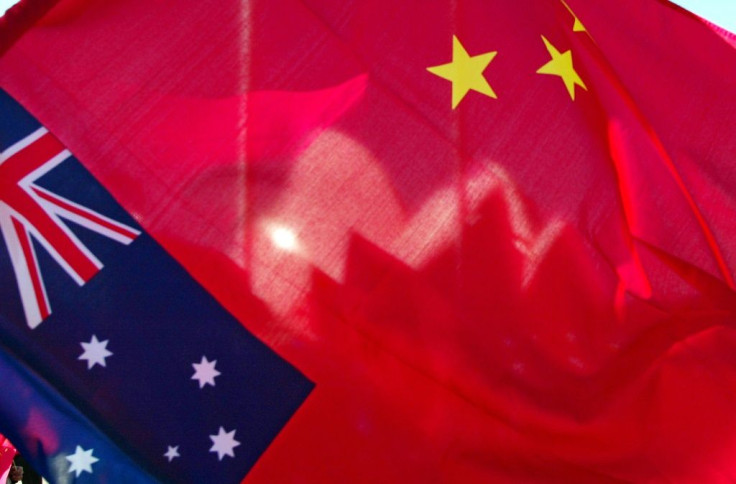Chinese Spy Defects To Australia With Trove Of Intel: Report

A Chinese spy has defected to Australia with a trove of intelligence on China's political interference operations in Hong Kong, Taiwan and elsewhere, according to a media report Saturday.
The Nine network newspapers said the defector, named as Wang "William" Liqiang, had given Australia's counter-espionage agency the identities of China's senior military intelligence officers in Hong Kong and provided details of how they funded and conducted operations in Hong Kong, Taiwan and Australia.
Wang said he was personally involved in infiltration and disruption operations in all three territories, according to the report, published in Nine's The Age and Sydney Morning Herald newspapers.
Wang "revealed in granular detail" how Beijing covertly controls listed companies to fund intelligence operations, including the surveillance and profiling of dissidents and the co-opting of media organisations, the report stated.
Wang is currently living in Sydney with his wife and infant son on a tourist visa and has requested political asylum, it said.
Wang said in an interview to be aired Sunday night on Nine's TV news program 60 Minutes that he would be executed if he returned to China.
"Once I go back, I will be dead," a youthful and bespectacled Wang said through a translator in a clip from 60 Minutes shown on Nine's websites Saturday.
Wang was also shown holding his son and walking with his wife along Sydney harbour beside the popular Luna Park amusement centre.
According to the news organisation, Wang gave a sworn statement to the Australian Security Intelligence Organisation (ASIO) in October saying: "I have personally been involved and participated in a series of espionage activities".
This allegedly included infiltrating Taiwan under an assumed identity and with a South Korean passport to run local operatives in efforts to meddle in 2018 municipal elections and presidential polls due next year.
He said the operation used local media executives to influence the election campaigns and defeat candidates seen as hostile to Beijing.
He also claimed to have coordinated a "cyber army" to shift political opinion, similar to Russia's interference in the 2016 US presidential election.
"Our work on Taiwan was the most important work of ours - the infiltration into media, temples and grassroots organisations," he was quoted as saying.
It was his fear of being discovered by Taiwan's counter-espionage authorities working to influence next year's elections that led Wang to seek asylum in Australia, he reportedly said.
In Hong Kong, Wang said he was part of an intelligence operation hidden within a listed company which infiltrated Hong Kong's universities and media to counter the pro-democracy movement.
He said his role in the clandestine organisation including infiltrating all Hong Kong universities and directing bashings and cyber attacks against dissidents.
"They (his recruits) found out information about those pro-independence activists... and made public all their personal data, their parents' and family members'," he was quoted as saying.
He added that the goal was "to make all troublemakers in Hong Kong terrified".
Wang also said he personally helped organise the October 2015 kidnapping of Lee Bo, owner of the Causeway Bay Bookshop, which Beijing said distributed dissident materials.
Four other bookshop employees were also spirited away to the mainland that year.
Other operatives planted in Hong Kong, he said, included a senior manager at a major Asian television network who was actually "a current military cadre with a Division Commander rank".
Wang also reportedly said he had met a high-ranking intelligence operative he believed was conducting spy operations in Australia via a front company in the energy sector.
"He told me at the time he is based in Canberra. I know his position is very important," he was quoted as saying.
The report did not provide additional details on operations in Australia, but is likely to exacerbate already high alarm over Chinese espionage and influence operations in the country.
ASIO warned earlier this year that the threat of foreign interference was "unprecedented" and that the number of foreign spies in Australia was higher than during the Cold War.
The agency has never publicly named China in its warnings.
But the former head of the agency, Duncan Lewis, who retired in September, said in an interview published Friday that China wanted to "take over" Australia's political system with an "insidious" and systematic campaign of espionage and influence-peddling.
© Copyright AFP 2024. All rights reserved.





















